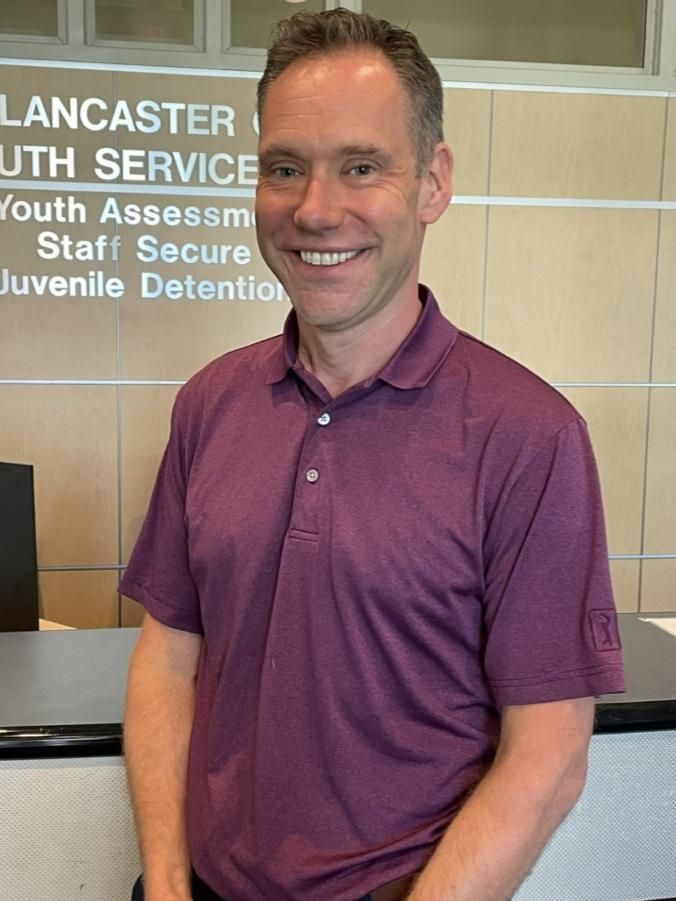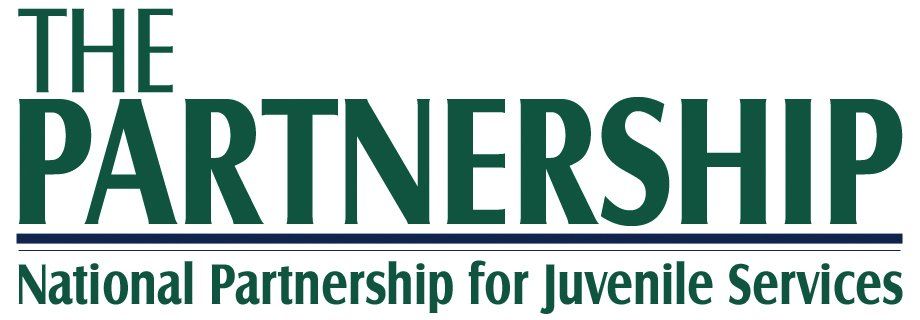Read Our Employee Interview
Juvenile Justice Spotlight

David Beatty
Technical Educator & e-Learning Instructor
Agency: Pathfinder Educational Program
Office Location: Lincoln, Nebraska
1. Tell us about your role and how it relates to Juvenile Justice.
“I am a 15-year veteran of JJ education and an educator in Business Education. I now teach students entrepreneurial and business skill sets. I teach them the positive and significant ways they can use their experiences in ways that can move them forward in terms of career readiness.”
2. What about your job excites and invigorates you?
“It’s the daily opportunities. We have new students every day, and I get to assess their needs (as well as the continuing needs of our existing students). What excites me is getting to see the growth of a young person for the duration of their time with us. Secondly, it’s getting to know each student. I find students have unique strengths and personalities. Then I get to see how each personality can contribute in the classroom setting.
It's fascinating to me that with security and safety needs, how the Juvenile Justice classroom winds up being like a traditional one room schoolhouse.”
3. With your work with Pathfinder, what exciting changes do you see happening?
“At the organization level, we have a couple of things going on with new leadership at the administration level. With that will come new ideas and strategies that we can use to grow and develop the program.
Previously, we had a solid program foundation that has helped me have a strong future featuring three key areas:
- Find a need for student engagement
- Credit recovery – helping kids to catch up with educational credits
- Opportunities for social and emotional growth”
4. Who are your mentors in the field? What is something that they taught you?
“After 15 years of being at the Pathfinder Program, my mentor is Randy Farmer. He’s shown me the above three principles. He’s also imparted to me the need to focus on building curiosity and a love for learning and engaging for this population.
Secondly, it would be my colleagues. Over the years, it has been inspiring to be around a variety of teaching styles. When I observe them, it always reminds me of the different ways they use their skills which helps motivate me to find ways to work with our population.”
5. So, I’ve decided I’d like to make it my life’s work to impact today’s youth. What advice would you give somebody just starting out?
“Even prior to entering the world of Juvenile Justice education, I think it’s important to gain skills within different youth work. It gives an opportunity to learn and experience the differences you’ll see with juvenile justice education. It would help to pick up Special Education classes, as well as alternative education classes. Visit other JJ classes. Mirroring a JJ officer as well will really help understand the environment. For me, it’s always about having an opportunity to gain experience and new perspectives.”
6. I'm sure you've had many memorable experiences, but is there one that stands out as your most memorable?
“I don’t know that I’ve had one, but my daily experiences allow me to focus on getting to know the youth and students, so it’s just the ability to hang out and get to know youth. It allows me to learn from them in a relaxed manner. They let down their guard a bit as I’m more in their environment. It’s a great way to build rapport with them. There was one situation where I had a particularly challenging class, and we engaged in doing push-ups every day. Two things came out of that: 1. They became more comfortable with me; and 2. I got a lot stronger in the process (laughs)”
7. What words of wisdom do you find yourself consistently giving to your peers in terms of making this a long-term career?
“Try to grow your knowledge and understanding through others. The opportunity for professional growth, being part of organizations like NPJS allows you to know what’s going on nationally, while staying connected with others in the field. It helps keep you fresh & motivated throughout your career. In addition, professional development opportunities help to challenge a practitioner to find and explore new teaching methods, and in turn, hopefully better engage youth in the classroom.”
8. In thinking about your experiences, how can the current state of Juvenile Justice improve?
“The first thing I’d say is to provide more opportunities for training in trauma informed care. We need to better understand what triggers youth, what causes them stress. You want to be able to create a safe classroom, so trauma informed care is important.
Also, understanding the need for special needs services in the Juvenile Justice field.
Thirdly, it would be nice to have additional support services and transitional resources, helping kids to more effectively transfer out of the JJ setting.”
9. What major contribution do you feel you have made in Juvenile Justice?
“Not to promote NPJS too much (laughter), I’ve enjoyed being part of the organization in getting to share my knowledge and experiences with others. Also, the opportunity to inform and build knowledge in my areas of business education.
What I really like about what I do, is how youth often ask, ‘What’s the point to learning this?’ I love this question because later on they’ll come back to me and see the relevance for themselves. I love helping them connect the dots with their knowledge.”
10. When you're away from work, what do you enjoy doing?
“I really enjoy the opportunity to work out. I enjoy running. Running really helps me to reflect. I don’t wear headphones, so I do a lot of thinking during these times, plus, it allows me the time for personal care.
I also enjoy staying in touch with friends and family. I’m originally from Ireland, so getting back home is important to me as well.”
